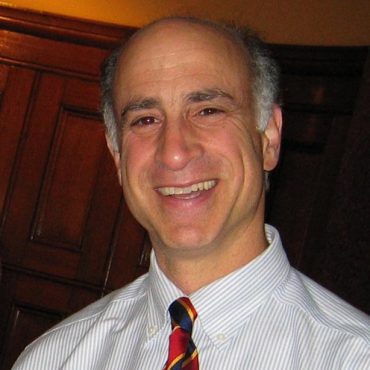
John Berk, MD
Dr. Berk is a Professor of Medicine and Assistant Director of the Amyloidosis Center at Boston University Medical Center, specializing in familial transthyretin and lung amyloidosis. Dr. Berk is also affiliated with the Pulmonary, Critical Care and Sleep Medicine Service at Boston University School of Medicine. He received his medical degree from Case Western Reserve University and completed his residency program in Internal Medicine at University Hospitals of Cleveland including his time as Chief Resident of Internal Medicine. Dr. Berk completed his Fellowship in Pulmonary Medicine at Boston University School of Medicine and was a Research Fellow at the Howard Hughes Medical Institute. Dr. Berk has focused on drug development for ATTR amyloidosis for more than 15 years. Dr. Berk designed and conducted the first international randomized controlled trial for familial amyloid polyneuropathy. The study design also established a blueprint for subsequent ATTR amyloid neuropathy trials that subsequently led to two FDA- approved TTR gene silencing drugs. Dr. Berk serves on two Scientific Advisory Boards on the development of gene editing applications for ATTR amyloidosis and the development of TTR stabilizing drugs for leptomeningeal amyloidosis. Dr. Berk also described low-dose, external beam radiation to treat tracheobronchial amyloidosis, inducing apoptosis of clonal plasma cells generating airway amyloid, a non-surgical option for disease management.
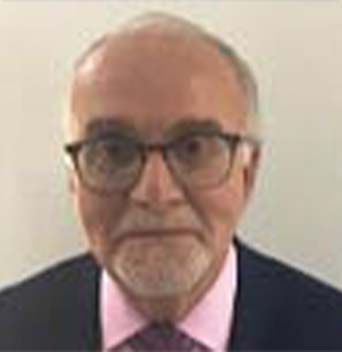
Said R. Beydoun, MD
Said R. Beydoun, M.D., FAAN, Professor and Division Chief, Neuromuscular Medicine, at the Department of Neurology at Keck Medicine of USC, University of Southern California. He is Program Director of the Clinical Neurophysiology Fellowship. As a principal investigator, Dr. Beydoun has participated in multiple research clinical trials. His clinical and research areas of expertise in the field of Neuromuscular Medicine include: ALS, Myasthenia Gravis, Peripheral Neuropathy including CIDP, Multifocal Motor Neuropathy, and TTR Amyloid Neuropathy. He has been published in several scientific journals on topics related to neuromuscular diseases. He is editor-in-Chief of US Neurology. He is an elected fellow of the American Academy of Neurology and a fellow of the American Association of Neuromuscular and Electrodiagnostic Medicine. He is a member of the medical/scientific advisory board of the Myasthenia Gravis Foundation of America. He is medical director of the Certified ALS Treatment Center of Excellence at Keck USC. He holds board certification by the American Board of Psychiatry and Neurology in Neurology, Clinical Neurophysiology, Neuromuscular Medicine, and Pain Medicine.
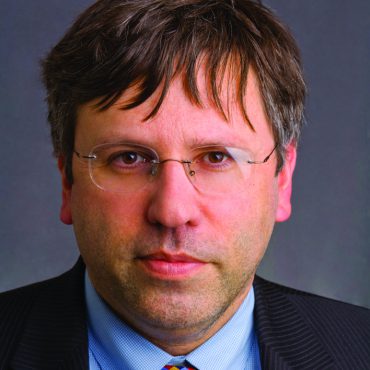
Thomas H. Brannagan, III, MD
Dr. Brannagan is the Director of the Peripheral Neuropathy Center at Columbia University Medical Center. He graduated from the University of Virginia and received his medical degree from the University of Virginia in Charlottesville. He completed his Neurology residency training at the Neurological Institute of Columbia Presbyterian Medical Center between 1991 and 1994. He subsequently did a Neuromuscular EMG fellowship at Columbia, followed by a Neuroimmunology fellowship in the laboratory of Dr. Norman Latov. Prior to returning to Columbia, Dr. Brannagan was the Director of the Diabetic Neuropathy Research center at Cornell University in New York City and was Co-Director of the EMG laboratory at MCP-Hahnemann University in Philadelphia. He is a member of the American Academy of Neurology, the American Neurological Association, as well as the American Association of Electrodiagnostic Medicine. He is also a member of the Neuropathy Association and the Peripheral Nerve Society.
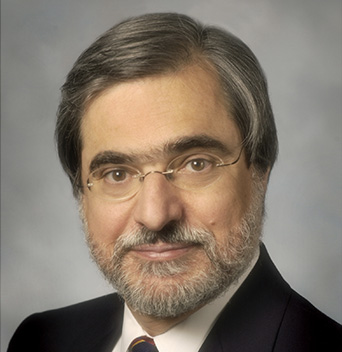
Marinos Dalakas, MD
Dr. Dalakas is Professor of Neurology and Director of the Neuromuscular Division at Thomas Jefferson University School of Medicine and he is the Chief of the Neuroimmunology Laboratory and Professor of Neurology at the Athens University Medical School. Dr. Dalakas has published over 200 peer-reviewed articles, reviews and editorials as well as many textbook chapters. He acts as an active member of the Editorial Boards of many of the leading medical journals as well and is an active professor and worldwide lecturer.
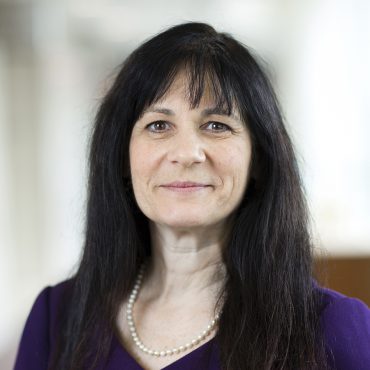
Angela Dispenzieri, MD
Dr. Dispenzieri was born in New York City and received her Bachelor of Science from Massachusetts Institute of Technology in Cambridge, MA. She earned her medical degree from Albert Einstein College of Medicine in New York. She completed an Internal Medicine residency and Hematology/Oncology fellowship at the Mayo Graduate School of Medicine in Rochester, Minnesota. She remained at the Mayo Clinic where she currently is a Professor of Medicine and of Laboratory Medicine. Dr. Dispenzieri serves as the Research Chair for the Division of Hematology and the Chair of the Mayo Clinic Amyloid Interest Group. She has had leadership roles in international amyloid and myeloma societies including being a past president of the International Society of Amyloidosis. She has been an author or co-author on over six hundred manuscripts and book chapters in the field of plasma cell disorders, including multiple myeloma, immunoglobulin light chain amyloidosis, POEMS syndrome, Castleman Disease, and mass spectrometry techniques.
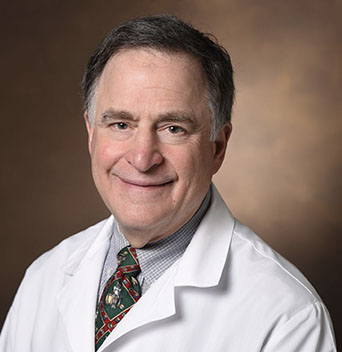
Peter Donofrio, MD
Dr. Donofrio has served as the Chief of the Neuromuscular Section in the Department of Neurology at Vanderbilt University in Tennessee since 2006. In addition, he is the Director of the EMG laboratory, Head of the Muscular Dystrophy Association Clinic as well as the ALS Clinic. He also serves as Professor of Neurology for the Vanderbilt University School of Medicine. Dr. Donofrio is board certified in internal medicine, neurology and electromyography. His major research interests are in the fields of peripheral neuropathy and motor neuron disorders. He has participated in numerous clinical trials, authored research abstracts and articles as well as textbook chapters. He has spent decades working as a clinician and educator, dedicating many years to both patients and student.
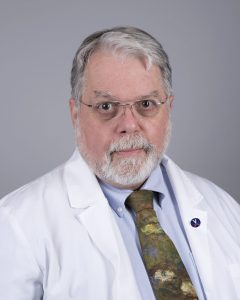
James F. Howard, Jr., MD
Dr. Howard is Professor of Neurology, Medicine and Allied Health in the Department of Neurology at The University of North Carolina at Chapel Hill School of Medicine. He is the former James F Howard Distinguished Professor of Neuromuscular Disease and the prior Chief of the Neuromuscular Disorders Section at UNC. He received his medical degree from the Larner School of Medicine at the University of Vermont and his neurological training at the University of Virginia in Charlottesville. Dr. Howard is a practicing neurologist for over 42 years with a focus on myasthenia gravis and EMG. He currently directs the Myasthenia Gravis Clinical Trials and Translational Research Unit at UNC. He is the author of more than 150 articles, 35 book chapters, and 3 books in the field.
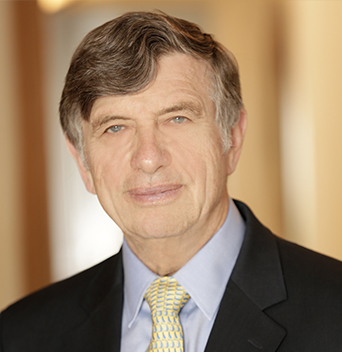
Norman Latov, MD, PhD
Professor of Neurology, Weill Cornell Medical Center, NY. Dr. Latov joined the department of Neurology and Neuroscience of the Weill Cornell Medical College in 2001, where he heads the Peripheral Neuropathy Clinical and Research Center. His clinical and laboratory research interests are in Peripheral Neuropathy and Neuroimmunology, focusing on the diagnosis and treatment of inflammatory neuropathies. His laboratory is credited with the discovery of anti-MAG and GM1 ganglioside antibodies that are implicated in the pathogenesis of autoimmune neuropathies, and for developing blood tests that are currently used to diagnose these conditions. He lectures widely, and has over 200 publications, including research articles, reviews, editorials, chapters and books.
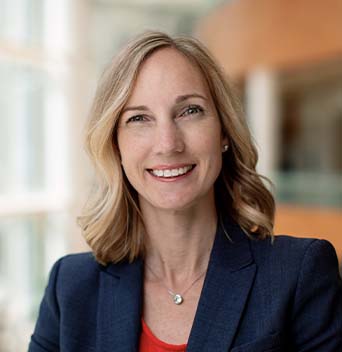
Michelle L. Mauermann, MD
Michelle L. Mauermann, M.D. is Professor of Neurology at the Mayo Clinic College of Medicine and Science in Rochester, Minnesota and serves as a consultant to the Department of Neurology, in the Neuromuscular Division, at the Mayo Clinic Rochester, Minnesota. She is board certified in Neurology, Neuromuscular Medicine, Electromyography and Neuromuscular Pathology. Dr. Mauermann’s research focus is studying the clinical, electrophysiological, radiological and pathological features of various peripheral neuropathies to better understand the underlying mechanisms and develop disease biomarkers. She is also involved in human clinical trials of amyloidosis and POEMS syndrome. Dr. Mauermann has published numerous research articles and text book chapters and actively engages in presentations as a guest speaker both nationally and internationally.
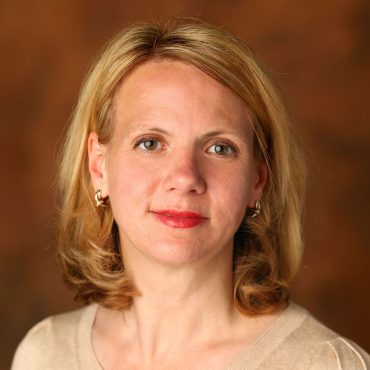
Amanda C. Peltier, MD
Dr. Peltier is an Associate Professor at Vanderbilt University Medical Center. Dr. Peltier obtained her medical degree from the Ohio State University and completed her residency training in Neurology at the University of Michigan. She completed a master’s degree in Clinical Research Design and Statistical Analysis and has extensive experience in conduction of both multicenter and investigator initiated clinical research. She completed a neuromuscular fellowship under the mentorship of Dr. Eva Feldman, with specific training in EMG, skin biopsy, and autonomic testing. She is board certified in neuromuscular medicine (2008). Dr. Peltier has focused her research efforts on identifying improved biomarkers for therapeutic clinical trials in polyneuropathy and other neuromuscular, autonomic disorders. She has specific expertise in assessment and evaluation of peripheral neuropathies and autonomic disorders. She is the Fellowship Director for the Neuromuscular program at Vanderbilt University and a member of the Vanderbilt Autonomic Disorders Center and the Vanderbilt Amyloid Multidisciplinary Program. Dr. Peltier is also a member of the American Autonomic Society Board and International Diabetic Neuropathy Consortium Board.
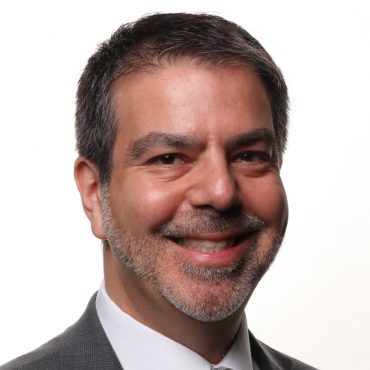
Frederick L. Ruberg, MD
Dr. Ruberg is an Associate Professor of Medicine and Radiology at Boston University (BU) School of Medicine and clinical cardiologist at Boston Medical Center (BMC), specializing in cardiac imaging and infiltrative heart disease. He attended the University of Pennsylvania School of Medicine, completed internal medicine training at Brigham and Women’s Hospital, cardiovascular disease fellowship at Boston Medical Center/Boston University School of Medicine, and a fellowship in cardiovascular magnetic resonance imaging at Beth Israel Deaconess Medical Center. Dr. Ruberg has an active clinical practice as the senior cardiologist in the BU/BMC Amyloidosis Center. He is Associate Chief of Cardiovascular Medicine for Academic Affairs, Associate Director of the Cardiovascular Medicine Fellowship program, Director of the cardiac MRI program at BMC as well as the Integrated Pilot Grants Program of the Boston University Clinical and Translational Science Institute. Dr. Ruberg is also Senior Associate Editor of Circulation: Cardiovascular Imaging and a Fellow of the American Heart Association and American College of Cardiology. Dr. Ruberg is committed to raising awareness of cardiac amyloidosis among clinicians and the general population to afford early diagnosis and enhanced access to disease modifying therapies.
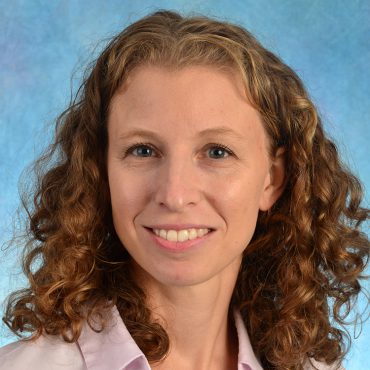
Rebecca E. Traub, MD
Dr. Rebecca Traub is a neuromuscular specialist at the University of North Carolina (UNC) in Chapel Hill. She completed medical school at Brown University, neurology residency and neuromuscular fellowship at Columbia University and has been on faculty at UNC for over five years. She specializes in the treatment of peripheral neuropathies, including amyloid polyneuropathy.

